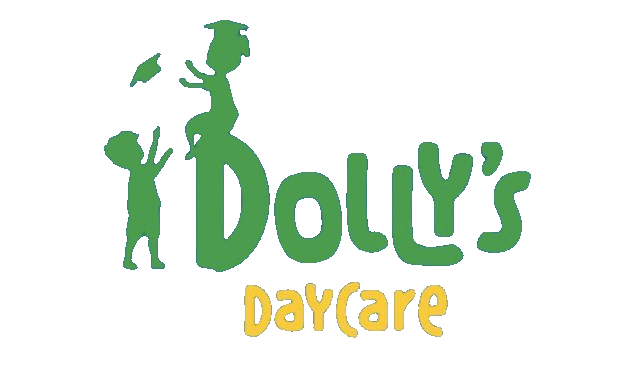Early childhood education lays the foundation for a lifetime of learning, growth, and success. From the moment children embark on their educational journey, quality early childhood education plays a pivotal role in shaping their development and future outcomes. Let’s explore the importance of early childhood education and its profound impact on children’s lives:
Holistic Development:
1. Cognitive Development:
Quality early childhood education programs provide stimulating environments that promote cognitive growth through hands-on exploration, problem-solving activities, and language-rich experiences. Children learn to think critically, develop reasoning skills, and build a strong foundation for academic success.
2. Social and Emotional Development:
Early childhood education fosters the development of essential social and emotional skills, including empathy, cooperation, self-regulation, and conflict resolution. Through interactions with peers and caring adults, children learn to navigate social situations, express their emotions, and develop healthy relationships.
3. Physical Development:
Engaging in physical activities, outdoor play, and gross motor skill exercises supports children’s physical development and overall well-being. Early childhood education programs prioritize movement and active play to promote healthy habits, coordination, and strength.
Lifelong Learning Mindset:
1. Love for Learning:
Quality early childhood education instills a love for learning by making education enjoyable, meaningful, and relevant to children’s lives. Through hands-on activities, exploration of diverse subjects, and exposure to new ideas, children develop a curiosity and thirst for knowledge that extends throughout their lives.
2. Critical Thinking Skills:
Early childhood education encourages children to ask questions, explore possibilities, and think critically about the world around them. By engaging in open-ended activities and problem-solving challenges, children develop analytical thinking skills and become lifelong learners capable of adapting to new situations.
3. Confidence and Resilience:
Positive early childhood experiences build children’s confidence, resilience, and belief in their own abilities. When children are supported, encouraged, and challenged in a nurturing environment, they develop a sense of competence and self-efficacy that empowers them to overcome obstacles and persevere in the face of challenges.
Long-Term Benefits:
1. Academic Success:
Children who participate in quality early childhood education programs are more likely to succeed academically in later years, demonstrating higher levels of school readiness, literacy skills, and academic achievement.
2. Improved Social Outcomes:
Early childhood education lays the groundwork for positive social outcomes, including increased graduation rates, lower rates of delinquency and incarceration, and improved employment prospects later in life.
3. Health and Well-being:
Quality early childhood education has long-lasting effects on children’s health and well-being, including lower rates of chronic diseases, improved mental health outcomes, and overall better quality of life.
Conclusion:
Early childhood education is not just the beginning of a child’s educational journey; it is the cornerstone upon which their future success and well-being are built. By investing in quality early childhood education, we are investing in the future of our children, our communities, and society as a whole. Let us recognize and celebrate the importance of early childhood education in shaping bright, hopeful futures for generations to come.


